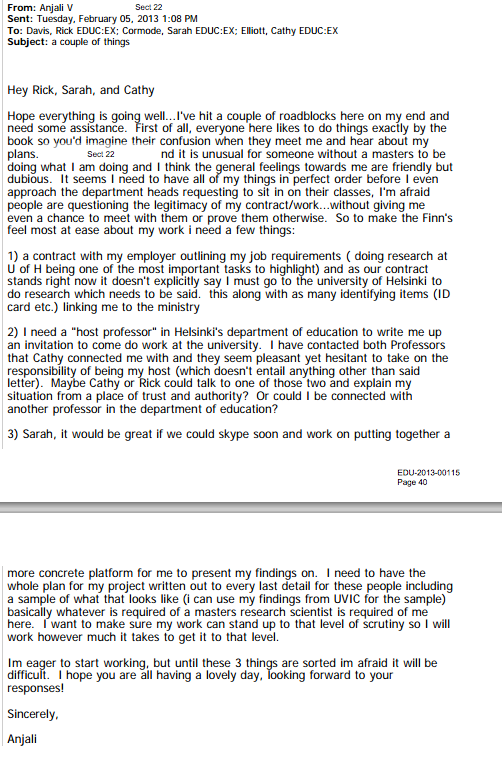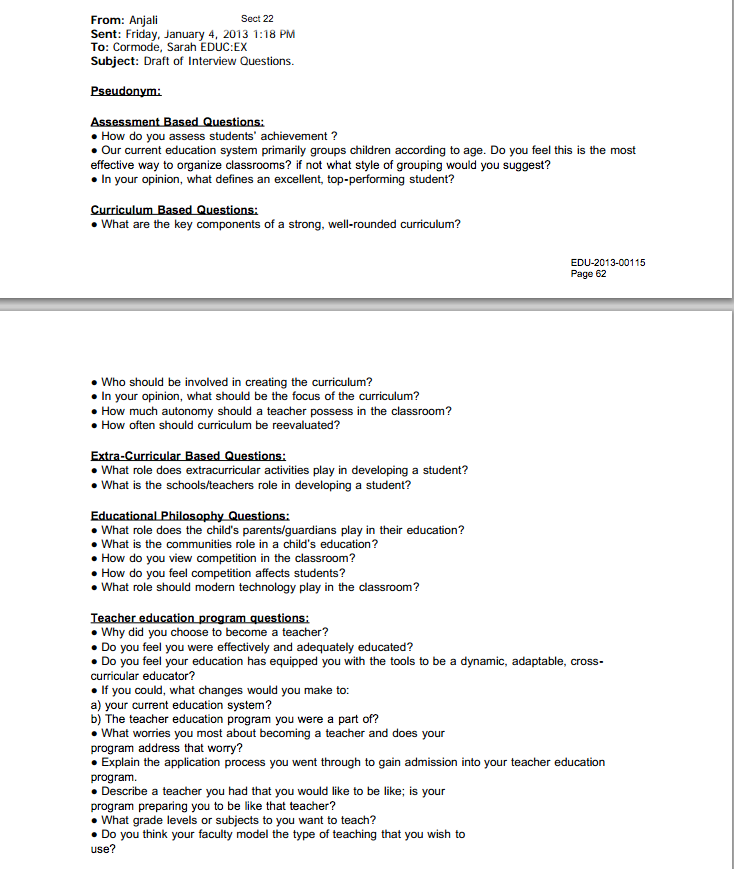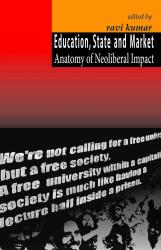Hello British Columbians, stand by for news!
As Paul Harvey used to say, now it’s time for “Page 2,” in the weird saga of the $16,000 sole-sourced “research” contract handed out by Rick Davis, the BC Ministry of Education’s “superintendent of achievement,” to a recent high school grad so she could travel to Finland to study teacher education, “from a student’s perspective.” But something tells me we’ll have to wait for the “rest of the story.”
If your memory needs some refreshing check out out the original Vancouver Sun story, Janet Steffenhagen’s blog post, and Where The Blog Has No Name posts (here and here) from when the story first broke.
A big shoutout to Jordan Bateman, the BC Director of the Canadian Taxpayers Federation who today put the story back into play along with 115 pages of documents the CTF received as a result of a Freedom of Information Act request in an attempt to get to the bottom of why BC Liberals would give two research contracts to Anjali Vyas, an 18 year-old with no qualifications as a researcher, to spend 10 months conducting a “study” of teacher education practices at the University of Victoria and the University of Helsinki (with a 3 day stop over in London for a little holiday).
In his post on the CTF blog today, Bateman adds the following elements to the story:
1. The origin stories don’t match. Anjali Vyas told the Sun that she was deejaying her friend’s wedding when she somehow met Davis and started talking education philosophy. “We instantly hit it off and he was so interested in my project,” Vyas said.
But the emails in our possession leave a different impression. On page 11, a document that appears to have been prepared by Davis claims, “Anjali came to the attention of Rick Davis… she was referred by her teacher to him with the expectation that Mr. Davis may be able to narrow in the central questions around teacher education.” This was reinforced in an email from Anjali to Rick (page 88): “[Anjali’s teacher] Gord mentioned he had talked to you, and that I should get in touch with you [in] regards to my research… I was hoping to meet with you sometime soon and further discuss how this research could benefit not only my own knowledge of educational systems, but more importantly, it could illuminate some new and innovative ideas the BC government could implement.”
2. Rick Davis seems very unhappy with bureaucracy. Normally, I’d agree with cutting red tape in government, but rules that prevent sole-sourced contracts to 18 year olds seem pretty wise to me. In one email to Anjali (p. 34), he writes: “Have not forgotten but waiting for a few things to land on the contract front. Will call soon. It is really difficult in government to do things out of the box – but fun!” In another email to Anjali (p. 43), he writes: “You are on new turf. Cool but a little scary but you have lots of us close at hand.” In that same email, he compares Anjali to a historic, young explorer in charge of his own ship: “That is your destiny.”
3. Rick Davis funnels the money to the Saanich school district and has them contract Anjali Vyas (pp. 54, 57 and 115). Further, he has the Teacher Regulation Branch pay for her airfare to Finland (pp. 50 and 89).
4. When confusion arises that somehow the University of Victoria is sanctioning the Vyas project, UVic makes it clear they are not. “This project is not certified by the UVic Research Ethics Board,” wrote Eugenie Lam of UVic (p. 23). “We ask that on the consent form you remove the reference to the UVic Office of Research Services because the UVic Research Ethics Board has no oversight on this project.”
5. Claims that Anjali Vyas had a special connection to the University of Helsinki appear to be rubbish. Anjali told the Sun she was “obsessed” with the work of University of Helsinki professor Pasi Sahlberg, including his book Finnish Lessons: What can the world learn from educational change in Finland?. Amusingly, Rick Davis gave her that book (p. 96).
Okay, so I understand that for Rick Davis, $16,000.00 for a little trip to Europe is really a drop in the bucket, in 2011 he racked up $77,657.00 in travel, more than any other BC government employee.
But, what about this important “research” project. Based on the emails from Vyas to Davis and other folks in the Ministry, the Finns were as incredulous as the rest of us about this scheme:
Can you believe it? The Finns think someone conducting research on teacher education ought to have some credentials, perhaps even a graduate degree. The Finns were “dubious” of a teenage researcher funded by the BC government to study professional education of teachers, eh? But hey, I guess that’s the way Rick Davis and the BC Ministry of Education rolls when it comes to conducting research. I can almost hear Davis now …
“Credentials? Who needs credentials, we do whatever we the heck we please. Ethics Board clearance for BC government research? That’s just a bunch of red tape and we’re trying to reduce the size of government. By the way, has anyone see my Aeroplan card, I had it right here just here a minute ago when I was checking the latest travel expense standings.”
I haven’t seen Vylas’s final report (the contract stated it was due September 20, 2013), but here is the interview protocol that she planned to use in her study in Finland:
What can we say about these questions? Well, they’re of the sort one might expect from an inquisitive person with an interest in education, and no knowledge of professional or scholarly literature. Completely unnecummbered by the history, theory, research or practice of teaching and teacher education. I’m sure Vylas (and Davis) might learn something from this endeavour, but there’s no other way to describe this scenario than as colossal waste of taxpayer’s money and, as I’ve pointed out before, an insult to the communities of education practitioners, researchers, and serious policymakers.
With no travel budget, but connection to the internet, here’s a short list of things I’ve found that Finland does when it comes to teaching and teacher education:
- Higher education is completely free.
- There are high standards for entry into teacher education programs and admissions are highly selective (about 10% of applicants are accepted).
- Teacher education programs are typically 5 years long and include study of the liberal arts, teaching subject speciality, theory and practice of teaching, including teaching students with disabilities.
- There are no “alternative” routes to teaching (no shortcuts, that means no Teach for Finland, no online degrees, no one without pedagogical training is allowed to teach).
- Finnish teachers and principals have autonomy to make educational decisions. The national curriculum is a guideline not a road map. Finnish teachers are not mere conduits for the transfer of information and skills dictated from the government.
- National student assessment is based upon a sampling model (not every student is tested) and there are no consequences from these assessments for students, teachers, principals, or schools.
- There is no standardized testing. And, no “value-added” models of teacher evaluation.
- Finnish schools have small class sizes.
- Finnish teachers and principals belong to unions.
- As a result of the above, teaching is highly respected profession in Finland.
As Pasi Sahlberg writes in his book Finnish Lessons, Finnish schools promote the wellbeing of their students in a model that reflects many of the primary elements of John Dewey’s progressive approach to learning and teaching.
My suggestion to Davis, Education Minister Peter Fassbender, and Premier Christy Clark is, if you’re serious about looking to Finland for ideas on education then stop the ongoing, obsessive attacks on the British Columbia Teachers Federation and start doing what is necessary to bring each of the above elements to reality in BC.
Here’s a short video on Finland’s formula for educational success:


